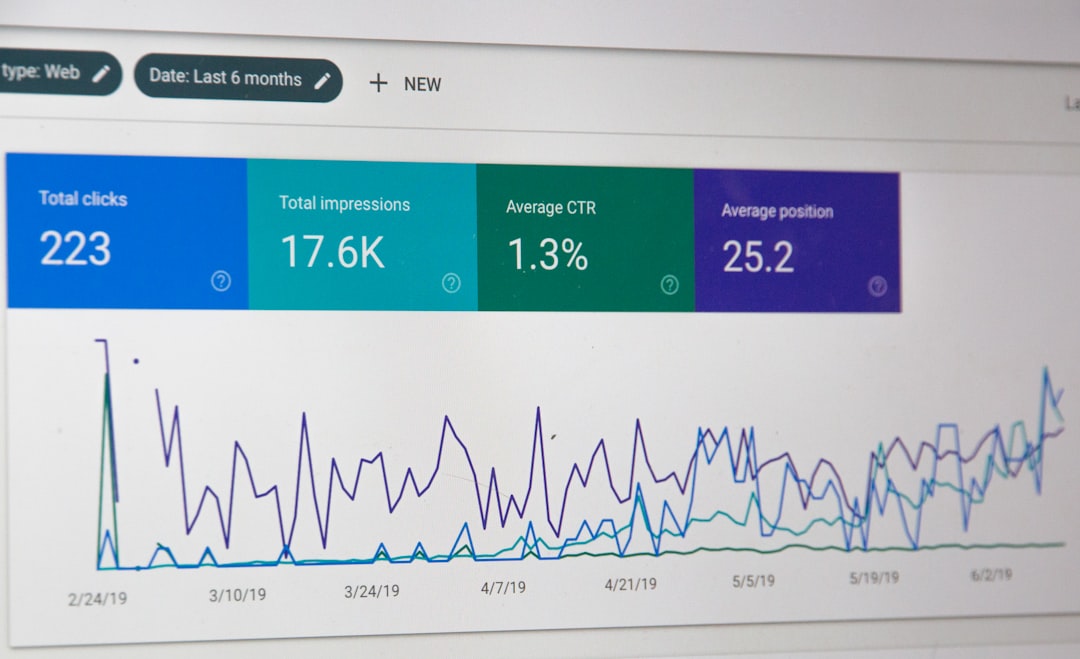What is it about?
This research surveys the literature around black consumerism and social movements, exploring the “Don’t Buy Where You Can’t Work” (DBWYCW) campaigns of the 1920s-1940s. The author examines the integral roles women played (as organizers, agitators, and beneficiaries) in various eco- nomic boycotts within the context of Belinda Robnett’s theory of bridge leadership, with a particular focus on consumerism as a major vehicle through which African-American women engaged in movement work dur- ing the DBWYCW campaigns. This article challenges the erasure of women’s leadership by reframing “Don’t Buy” as a women’s movement. Applying Robnett’s bridge leadership theory to different eras, regions, and move- ments, we see how the Great Depression combined with activism in the gendered sphere of consumerism and facilitated the activism of black women. This paper also expands Robnett’s conceptualization of profes- sional and indigenous bridge leaders by identifying urban working class women within the “Don’t Buy” movement who fit these leadership categories.
Featured Image
Read the Original
This page is a summary of: Bridge Leadership: Gendered Consumerism and Black Women’s Political Power within Early 20th Century “Don’t Buy” Campaigns, Sociological Focus, March 2017, Taylor & Francis,
DOI: 10.1080/00380237.2017.1283190.
You can read the full text:
Contributors
The following have contributed to this page










